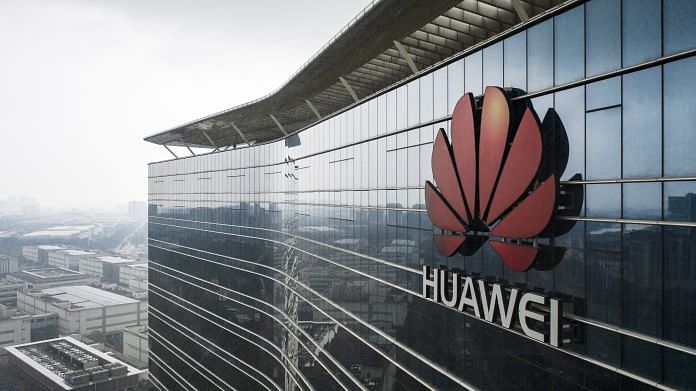Washington: Chinese companies like Huawei Technologies Co. and ZTE Corp. threaten U.S. national security because the use of their equipment in networks gives the Chinese government an advantage it can use for espionage, cyberattacks and intellectual property theft, according to senior officials and lawmakers.
“The country that owns 5G will own innovations and set the standards for the rest of the world and that country is currently not likely to be the United States,” said Jessica Rosenworcel, a commissioner at the Federal Communications Commission, quoting a U.S. military report on 5G.
She was speaking at a Thursday hearing of the Senate Committee on Homeland Security and Governmental Affairs, where officials from the U.S. State Department, Department of Homeland Security and Department of Commerce testified about the dangers posed by Chinese equipment in telecommunications networks.
Also read: China’s military build-up is a threat to countries, says top US Admiral
The FCC is scheduled to vote Nov. 19 on a proposal that would prevent U.S. government subsidies from being spent on gear from Huawei and ZTE, and regulator is also considering whether to require U.S. companies to remove gear from the Chinese companies.
The use of devices from Chinese companies like Huawei and ZTE poses “a serious national security risk and could open a back door into critical American national security networks,” said Gary Peters, a Senator from Michigan and the top Democrat on the committee. “China’s edge in the development of 5G equipment and standards poses a threat to both American economic dominance as well as our national security.”
The Trump administration wants to keep Chinese products out of future 5G wireless networks, and the State Department has threatened to curb intelligence-sharing with allies if they don’t comply. The White House is also trying to stop what it says is China’s theft of intellectual property. In May, the U.S. put Huawei on a blacklist, limiting its access to important U.S. suppliers.
“One of the reasons they can compete with us on 5G is because they’ve stolen hundreds of billions of dollars worth of our intellectual property, and now they’re threatening to leapfrog us from that stand point,” Ron Johnson, a Republican from Wisconsin who chairs the committee, said during Thursday’s hearing.
A big concern is that China can require its companies to secretly cooperate with Chinese intelligence and security services, Robert Strayer, deputy assistant secretary for Cyber and International Communications and Information Policy at the State Department, said.
Huawei and ZTE telecom gear in older U.S. networks also poses security risks, the FCC’s Rosenworcel said.
“Much of this equipment lies next to military bases in this country. It’s insecure and we need to move it out,” she said, adding that the U.S. government should create a map to locate the gear. “We have to understand where it is before we decide what dollars we make available to help rip and replace it.”
Diane Rinaldo, acting assistant secretary for communications and information at the Department of Commerce, said the telecom-equipment supply chain is “increasingly vulnerable to certain foreign sourced products and services.”
The Department of Homeland Security seeks “a competitive global ecosystem for trusted 5G vendors,” said Christopher Krebs, who directs the Cybersecurity and Infrastructure Security Agency at the Department of Homeland Security. Finland’s Nokia Oyj and Sweden’s Ericsson AB, two other telecom gear makers, have struggled to compete with Huawei and ZTE, especially on price. That’s made some U.S. telecom companies more likely to buy Chinese equipment.
Even if the U.S. secures its own networks, failure to persuade allies to avoid equipment made by Chinese companies is a dangerous possibility, officials warned.
“Secure networks in the U.S. will only get us so far,” Rosenworcel said. “We need to start researching how we can build networks that can withstand connection to equipment vulnerabilities around the world.” – Bloomberg
Also read: How trade war and China’s economic shift are roiling global shipping



